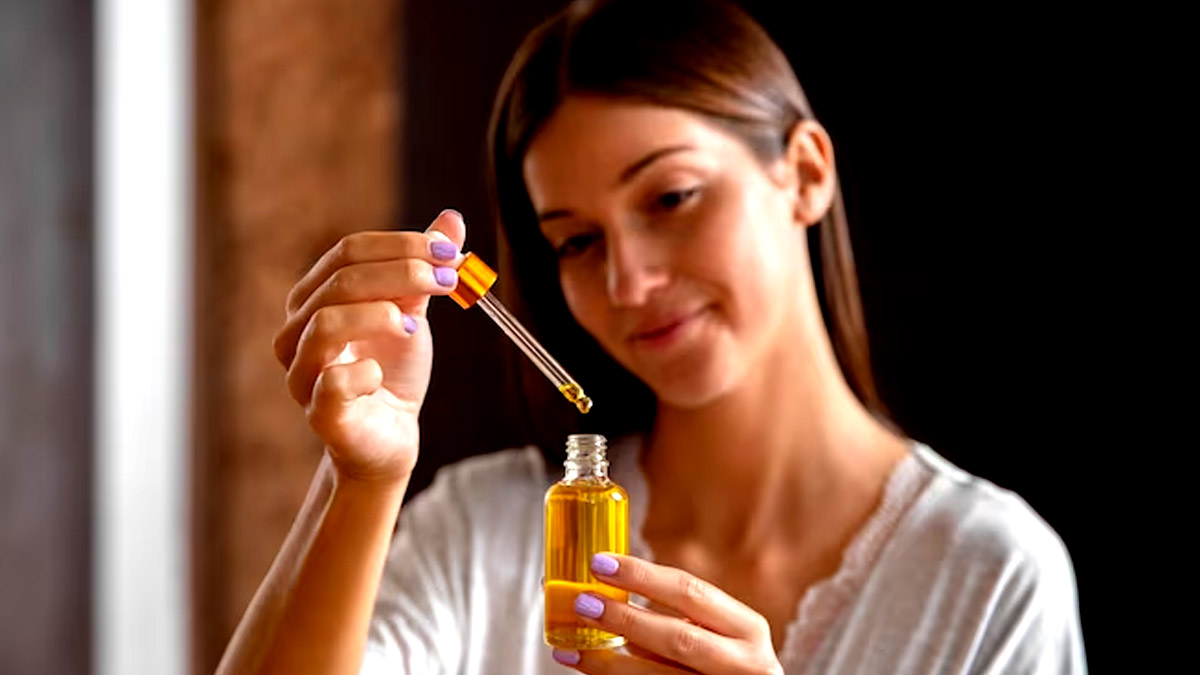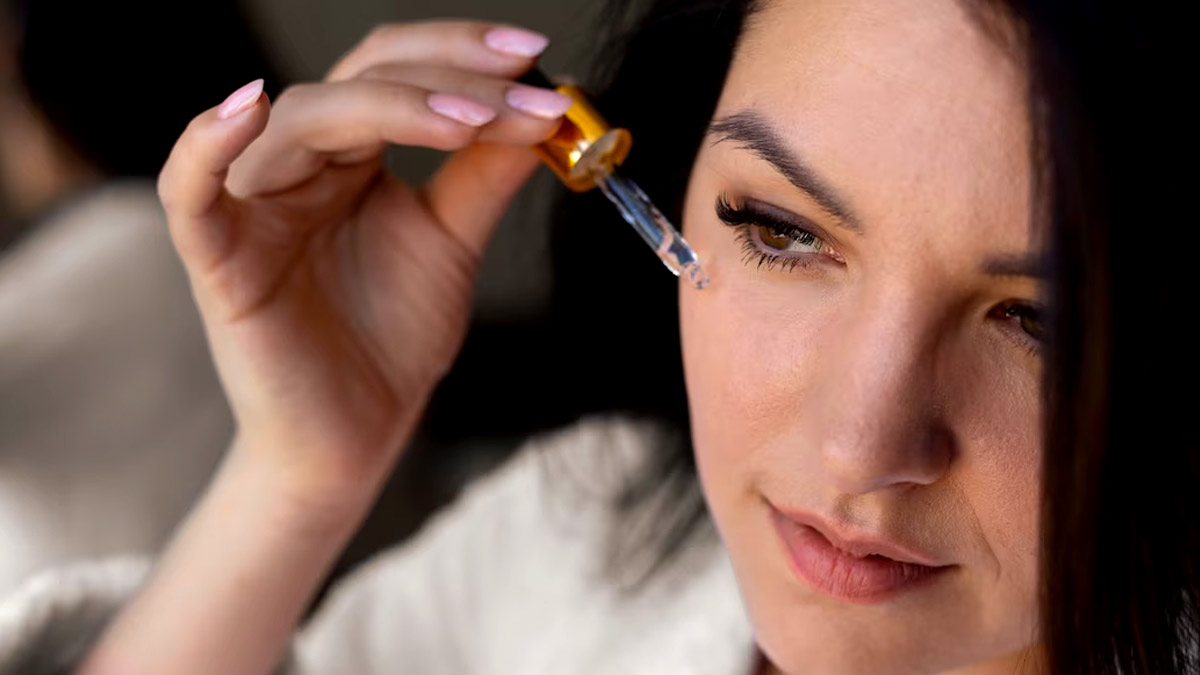
Essential oils refer to the residue extracted from plants for various health purposes. They have been used for centuries for their therapeutic properties. Today, they're gaining popularity as natural alternatives for skincare. But with so many options available, how do you determine which ones are right for your skin type?
Table of Content:-
We spoke to our expert Dr Akshitha Shetty, Consultant -Dermatology and Trichology, Kauvery Hospitals Marathahalli - Bangalore to break it down for us. Here is what she shared with us!
Oily Skin
Oily skin tends to produce excess sebum, leading to clogged pores and acne. The following essential oils can help balance oil production and promote a clearer complexion:
1. Tea tree oil
Renowned for its antibacterial properties, tea tree oil can help combat acne-causing bacteria. A study published in the Medical Journal of Australia has shown that tea tree oil can be as effective as over-the-counter benzoyl peroxide in treating mild to moderate acne.
2. Lavender oil
Known for its soothing and calming effects, "lavender oil can help reduce inflammation and regulate sebum production," Dr Shetty suggests. Research suggests that lavender oil may help improve acne severity and reduce the appearance of scars.
3. Lemon oil
With its astringent properties, lemon oil can help tighten pores and reduce excess oil. However, it's important to use lemon oil with caution, as it can be photosensitive.

Dry Skin
Dry skin often feels tight and flaky, lacking sufficient moisture. Hence, it is important to use essential oils that will help in reviving the dry and dull skin. These essential oils can provide hydration and nourishment:
1. Rose oil
Rich in antioxidants, rose oil can help improve skin elasticity and hydration. Dr Shetty shared that it may also help reduce the appearance of fine lines and wrinkles.
2. Chamomile oil
This oil has anti-inflammatory properties that can soothe dry, irritated skin. According to a study published in the Journal of Ethnopharmacology, chamomile oil can help reduce redness and itching associated with dry skin.
3. Frankincense oil
Frankincense oil can help improve skin tone and texture, reducing the appearance of fine lines and wrinkles. This oil may also have regenerative properties, helping to promote skin cell turnover.
Combination Skin
Combination skin exhibits both oily and dry areas, often with an oily T-zone and dry cheeks. If you have a combination skin type, these essential oils can help balance the skin's oil production:
1. Geranium oil
This oil can help regulate sebum production, preventing excessive oiliness in the T-zone while providing moisture to dry areas. Geranium oil may also help improve skin tone and texture.
2. Ylang-ylang oil
With its harmonising properties, ylang-ylang oil can balance oil production and improve skin texture. It may also help reduce stress and anxiety, which can contribute to skin problems.
Also Read: Do IUDs Lead to Breast Cancer? Here’s What the Latest Evidence Shows
Tips for Using Essential Oils
While it's important to use the right skincare products, it is equally crucial to make sure you do it the right way. Here is what Dr Shetty recommends.
1. Always dilute
Essential oils are highly concentrated and should be diluted with a carrier oil (like coconut or jojoba oil) before applying to the skin. A general guideline is to dilute essential oils at a ratio of 1-2 drops per teaspoon of carrier oil.
2. Patch test
Conduct a patch test on a small area of skin to check for any allergic reactions. Apply a diluted mixture of the essential oil to your inner wrist and wait 24 hours to see if there's any redness, itching, or swelling.
3. Consult a professional
If you have sensitive skin or underlying skin conditions, consult with a dermatologist or aromatherapist before using essential oils. They can provide personalised recommendations and advice.
By selecting the right essential oils and using them correctly, you can harness their natural benefits to achieve healthier, more radiant skin. Remember to always choose high-quality essential oils from reputable sources and to use them consistently as part of your skincare routine for a healthy and glowing skin!
Also watch this video
How we keep this article up to date:
We work with experts and keep a close eye on the latest in health and wellness. Whenever there is a new research or helpful information, we update our articles with accurate and useful advice.
Current Version